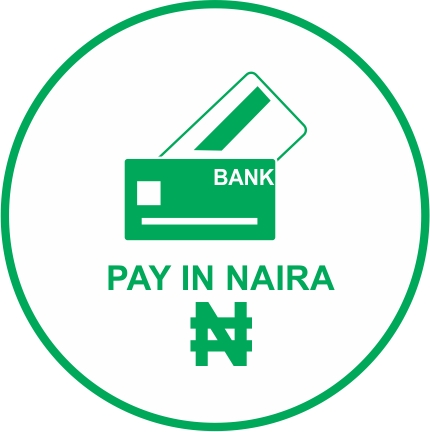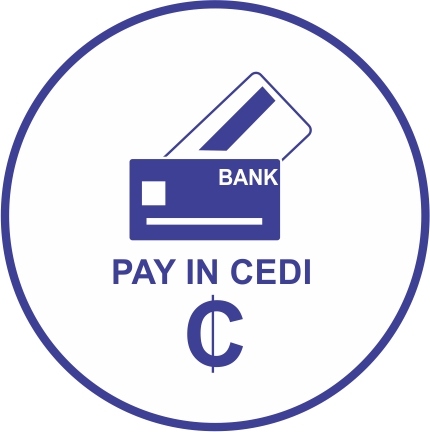Course
Description

This e-learning CPD course will familiarize you with various ways for reducing energy costs through well-planned, specific and results-oriented projects. The instructor - with years of experience in energy project implementation and energy program/process development – shows how substantial energy cost reduction can be achieved with little or no capital investment. Some such projects can be pursued in collaboration with and through sponsorship of local utility companies. Some of the myths associated with electricity and gas contracts will be exposed. Energy audits and tools needed to perform audits will be discussed. Practical examples of energy monitoring systems will be presented. The attendees will also be, briefly, introduced to some of the more proven renewable energy alternatives.
Learning Objectives


This
CPD course caters to Engineers, Technicians, Facilities
Managers, Energy Professionals, Architects and other
professionals who are interested in enhancing their
understanding of the concept of energy and utilities and
would like to learn about methods, best practices and
strategies for reducing energy demand, energy
consumption and energy costs in an industrial or
commercial setting. The importance and pertinence of
three-faceted energy outlooks are explained and
discussed. This course addresses usage, cost and
conservation of energy in its more common forms such as
electrical, compressed air, natural gas, steam and heat,
etc.
This e-learning CPD course will familiarize you with various ways for reducing energy costs through well-planned, specific and results-oriented projects. The instructor - with years of experience in energy project implementation and energy program/process development – shows how substantial energy cost reduction can be achieved with little or no capital investment. Some such projects can be pursued in collaboration with and through sponsorship of local utility companies. Some of the myths associated with electricity and gas contracts will be exposed. Energy audits and tools needed to perform audits will be discussed. Practical examples of energy monitoring systems will be presented. The attendees will also be, briefly, introduced to some of the more proven renewable energy alternatives.
Learning Objectives
- Apply principles and concepts associated with common forms of energy (electric, hydrocarbon, compressed air, steam, stack heat, etc.) in an industrial or commercial environment to assess the energy intensity and energy productivity differences between alternative manufacturing and process systems, with a clear understanding of the physics and engineering fundamentals of energy in its various forms.
- Apply energy engineering metrics - associated with different forms of energy, i.e. electrical, hydrocarbon fuel energy, heat energy, pressure energy, etc. - to quantify how much energy is being consumed and how efficiently energy is being utilized in operations and facilities of various types. Examples of energy metrics include MMBtus, MMBtus/ton or product, kWh, kWh/ton of product, Joules, etc.
- Identify, evaluate and implement high value energy conservation opportunities based on energy facts, energy engineering principles, application of SCADA, Supervisory Controls and Data Acquisition, type Energy Management Systems (EMS). Develop architecture and design of EMS systems for specific energy measurement, real-time monitoring – and in some cases – energy conservation related control applications.
- Distinguish between high efficacy and low efficacy lighting systems on the basis of watts/lumen or watts/foot-candle and apply coefficient of utilization approach in the design and specification of facility illumination systems – all, ultimately precipitating in lower overall energy intensity
- Apply proven energy engineering and equipment sustainability best practices that can minimize overall energy intensity and enhance equipment durability in industrial and commercial facilities.
- Apply Power Factor and Load Factor improvement engineering principles and methods to enhances electrical power quality, electrical energy productivity and electrical equipment sustainability. Calculation of power factor and load factor will be illustrated in addition to quantification of the benefits realized through these efforts.
- Apply principles and concepts associated with common forms of energy (electric, hydrocarbon, compressed air, steam, stack heat, etc.) in an industrial or commercial environment to assess the energy intensity and energy productivity differences between alternative manufacturing and process systems, with a clear understanding of the physics and engineering fundamentals of energy in its various forms.
- Apply proven best practices in the HVAC realm to achieve optimal HVAC system operation and higher energy productivity.
- Apply proven best practices in the operation and maintenance of compressed air systems to maximize their utilization and to minimize energy intensity associated with compressed air generation, distribution and consumption.

Some of our
clients
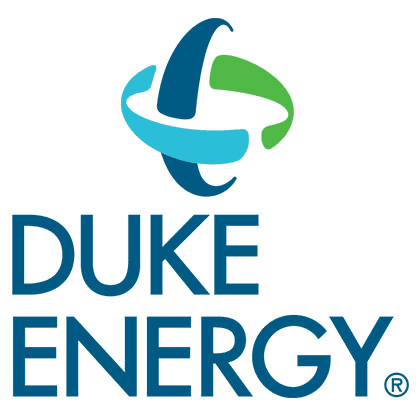






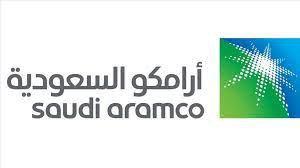
Instructor
Professor S. Bobby Rauf, P.E, C.E.M, MBA; Member, American Society of Engineering Education
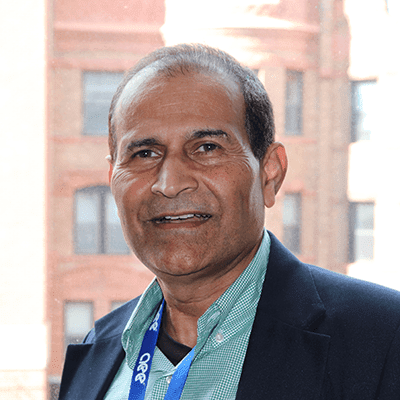
Professor S. Bobby Rauf, P.E, C.E.M, MBA; Member, American Society of Engineering Education

Professor
Bobby Rauf has over 25 years of experience in teaching
undergraduate and postgraduate Engineering, Science, Math,
Business Administration and MBA courses, seminars and
workshops. Prof. Rauf is a registered (PE) Professional
Engineer, in the State of North Carolina, a Certified Energy
Manager and a certified ergonomist. Prof. Rauf was inducted
as a “Legend in Energy” by AEE, in 2014. He is a published
author of multiple engineering and energy books, and
professional development courses. He holds a patent in
process controls technology. Prof. Rauf develops and
instructs continuing education and engineering
skill-building courses. Some of his major clients include
Texas A&M University, Saudi Aramco – KSA, the University
of North Carolina at Charlotte, McNeese University, Lamar
University, Clemson University, Association of Energy
Engineers, EPIC College - Canada; US Bureau of Reclamation,
BHP Billiton, CED, and Y-F Asia.
Prof. Rauf’s last full-time engineering employment, in the corporate world, was at PPG Industries, Inc. where he served as a Senior Staff Engineer. He brings to this program more than 25 years of hands-on experience in a broad spectrum of areas within large industrial plant engineering and plant maintenance departments, including electrical, controls, energy and mechanical projects. Professor Rauf has served as Adjunct Professor at Gardner-Webb University since 1989, where he has instructed classes in both the B.A. and M.B.A. programs.
Prof. Rauf’s last full-time engineering employment, in the corporate world, was at PPG Industries, Inc. where he served as a Senior Staff Engineer. He brings to this program more than 25 years of hands-on experience in a broad spectrum of areas within large industrial plant engineering and plant maintenance departments, including electrical, controls, energy and mechanical projects. Professor Rauf has served as Adjunct Professor at Gardner-Webb University since 1989, where he has instructed classes in both the B.A. and M.B.A. programs.
.

Continuing professional development is a worldwide recognized accreditation for continuing education to maintain knowledge and skills. This form of learning allows professionals to improve their capabilities with the help of certified learning. CPD courses for professionals reflect current expectations as well as future ambitions. As your career develops, the knowledge and skills you require will also evolve. This is where CPD will come to your rescue and help you steer your career in the future.
Who
Should Join?
- Professional Engineers, and Energy Managers. This energy course couples engineering concepts and knowledge with renewable energy concepts and best practices.
- Facility Managers, Plant Engineers, Engineering Managers, Energy Professionals, Architects, Project Managers, and other Executives who feel a need to enhance their renewable energy engineering knowledge, to make informed decisions on renewable energy projects or programs.
- Professionals, who do not possess prior experience or knowledge in the renewable energy realm, including Project Management Staff, Energy Project Financial Analysts, and Technical Writers.
- Procurement/Purchasing Professionals who are responsible for obtaining renewable energy project proposals
- Bachelor’s degree level students
- Construction managers who manage renewable energy project installations.
Course Topics
1. Energy Facts
2. Energy Basics
3. Electricity Basics, Power Factor & Motors
4. Electrical Rate Schedules & DSM Programs
5. EMS/BMS
6. Lighting & Energy Conservation
7. Co-generation, Renewable, and Emerging Energy Technologies
8. Energy Conservation & HVAC
9. Compressed Air & Energy Conservation
10. Steam & Energy Conservation
11. Energy Management, Energy Plan & Audits
12. Financial Justification & Implementation of Energy Projects
13. Energy Information Websites
YOU WILL
RECEIVE YOUR UNIQUE ACCESS CODE TO THIS COURSE AFTER
SUCCESSFUL PAYMENT
Pay locally without restrictions in Cedi or Naira and enjoy up to 30% Special Discount for African Learners - only from Mabiksolar
Pay locally without restrictions in Cedi or Naira and enjoy up to 30% Special Discount for African Learners - only from Mabiksolar




Copyright Mabik
Solar . All Rights Reserved

